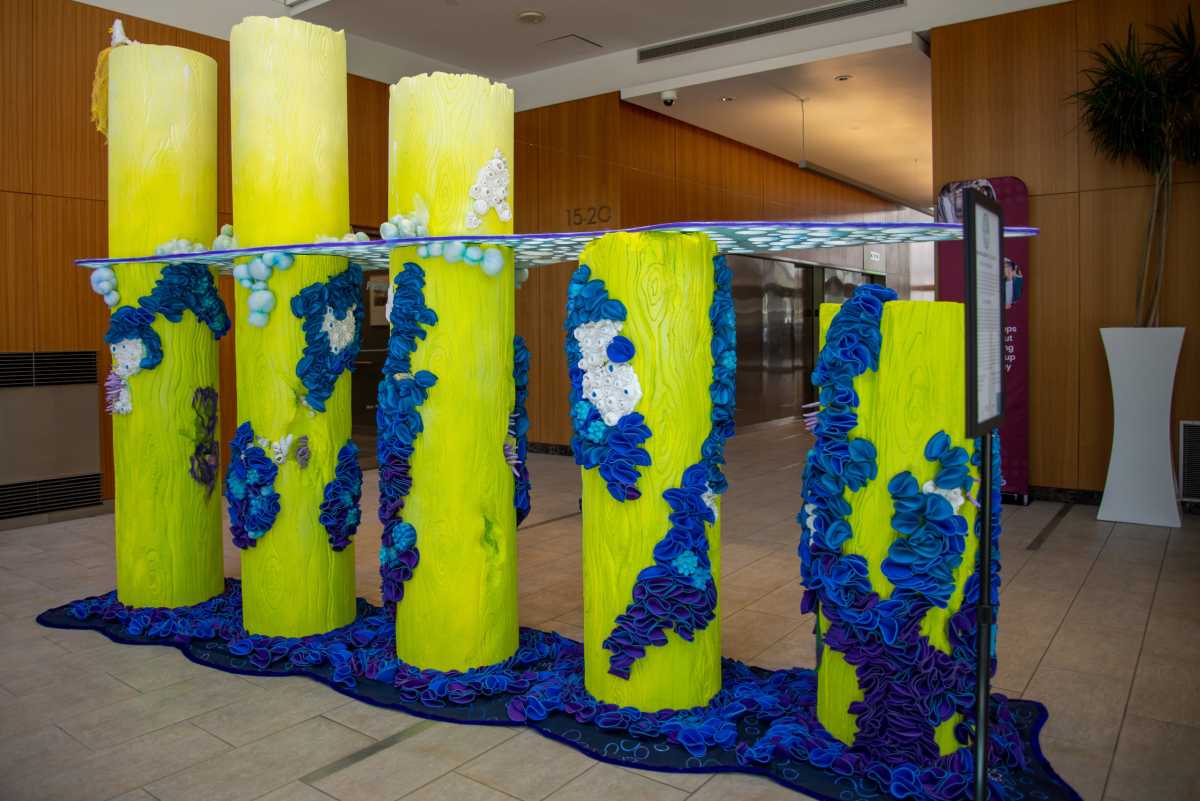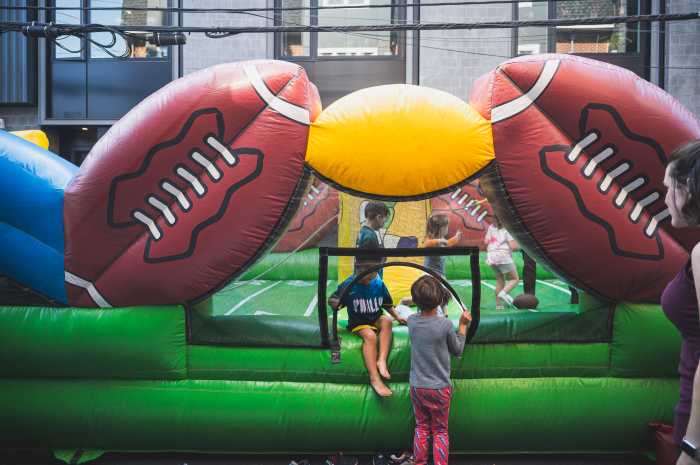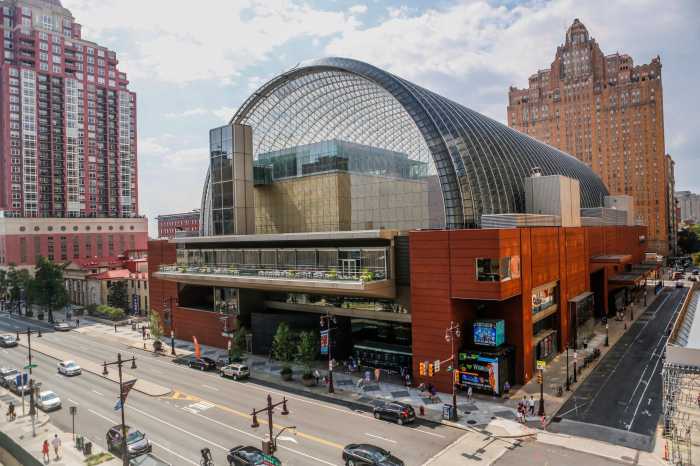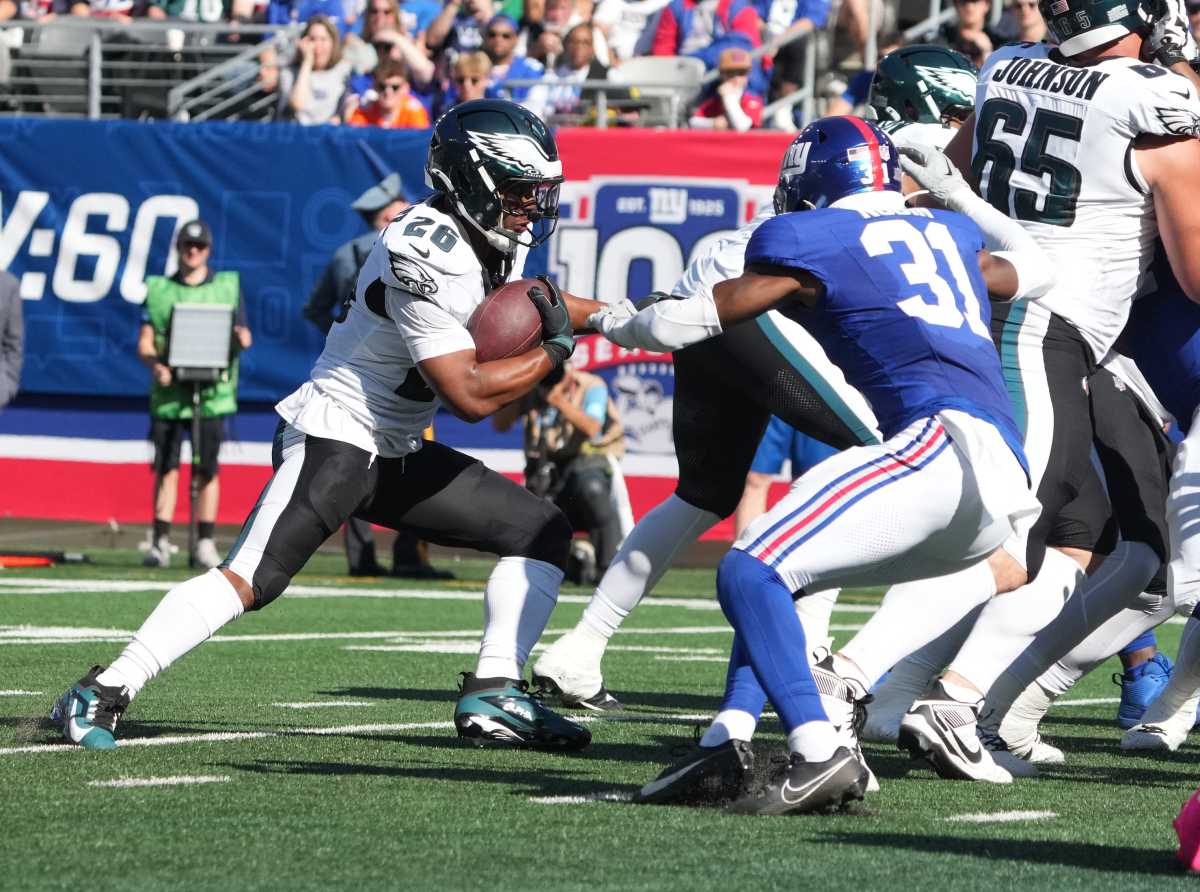In a single year, plastic litter makes up more than half of the trash removed from both the Schuylkill and Delaware rivers—and that fact, among many others, has the Academy of Natural Sciences of Drexel University, the Philadelphia Water Department and BOMA Philadelphia teaming up to showcase Plastic Free Philly.
All three organizations have set their sights on the initiative to put an end to single plastic bottle use. According to a release, Plastic Free Philly is a volunteer effort led by the Academy that aims to reduce the flow of single-use plastic water bottles and replace them with environmentally healthier, more affordable options. These options include drinking clean, safe tap water and using reusable bottles.
“We are calling on everyone to join our movement in a sincere and sustained effort to reduce our plastic pollution, starting with our use of water bottles,” said Academy President and CEO Scott Cooper in a statement. “Each and every one of us can make a difference in helping keep our rivers clean, our wildlife safe and our communities healthy.”
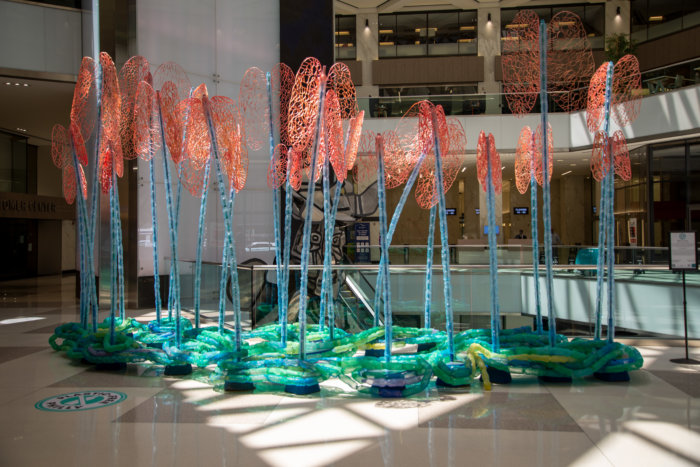
Through surveys conducted by the Philadelphia Water Department and the University of Pennsylvania, indication points to the fact that 40% of Philadelphians drink bottled water at home, with many believing it’s a safer option than tap water.
But a lesser-known fact shows that municipal tap water is subject to rigorous testing by the Environmental Protection Agency and state agencies such as the Pennsylvania Department of Environmental Protection. The more expensive option, bottled water, on the other hand, is not. And as much as 40% of bottled water is simply municipal tap water bottled up and sold.
To drive the idea of putting an end to plastic in the city, Plastic Free Philly officially kicked off last week with a new series of art installations. The first, “Forest,” is a sculpture of vertical tree trunks made of plastic bottles, which is now installed in the lobby of 1500 Market Street.
The artwork by Kate Dodd of Orange, New Jersey, is one of 10 original pieces by mostly Philadelphia-area artists commissioned by the Academy and set up in prominent Center City and University City buildings to raise awareness about the issue, a release states. The temporary installations evoke the natural beauty of the Delaware River Watershed and examine how people’s habits positively and negatively impact the ecosystem.
“BOMA Philadelphia is pleased to support the efforts of the Academy and Plastic Free Philly, as the goals of the program directly align with our goals to create comfortable, healthy and sustainable working environments for the tenants in our buildings. What a terrific way to promote the reduction of single-use plastic water bottles,” said Deanna Ballinger, chair of BOMA Philadelphia in a statement. “We’re honored to host the beautiful work of the artists affiliated with this program in our member building lobbies and spread the word to use less plastic in our office buildings through their creative and thought-provoking installations.”
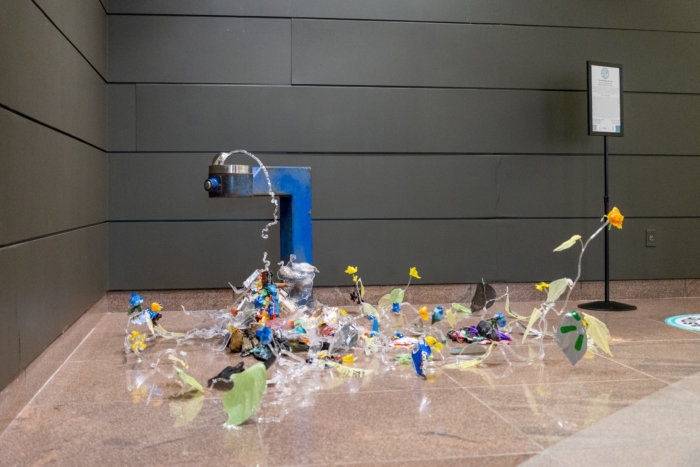
And art is just the start—there are many ways for Philadelphians to get involved with Plastic Free Philly themselves. The first step is to head to the Academy’s website to make a pledge to drink tap water instead of bottled water (you can also access the pledge via a QR code at each of the 10 art installations). Philadelphians will also find information about watershed cleanups and videos of the artists and their installations there.
“Many people are looking for things they can do on a personal level to help the environment,” said PWD Commissioner Randy E. Hayman, Esq in a statement. “One of the easiest ways is to make a big impact on the amount of plastic waste you generate by switching from single-use plastic bottles to filling reusable bottles with tap water. Philadelphia’s water is of extremely high quality, it’s extremely affordable, and it is sent directly to our homes and offices, so it is right at your fingertips without all the waste and pollution that goes into producing, packaging and delivering single-use bottles. Going reusable is just the smart choice when you have water as good as Philly’s water.”
And there’s more food for thought: Remember that fact at the beginning of the article? With 56% of trash removed in a single year from a 32-mile stretch of the Schuylkill and Delaware rivers, these rivers flow through the Delaware River Watershed, which provides drinking water to 15 million people. And according to Green Cities, Americans purchase about 50 billion plastic water bottles each year, averaging 13 bottles per month per person.
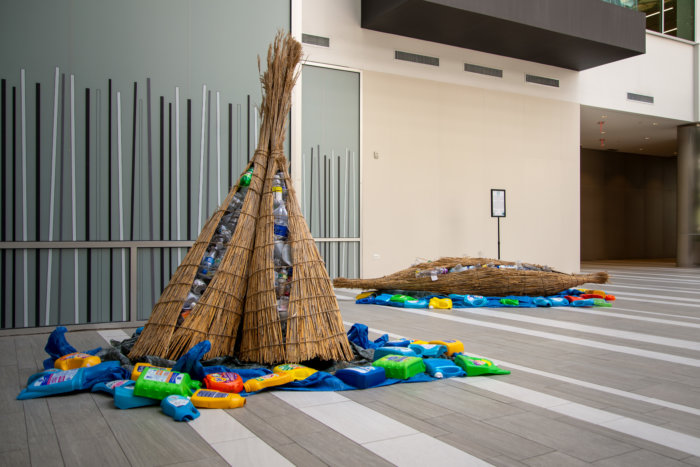
“Plastics in our waterways are harmful in many ways to people, fish and animals,” said Roland Wall, director of the Academy’s Patrick Center for Environmental Research, which has studied the interactions of people and the environment for nearly 80 years and is a leader of the Delaware River Watershed Initiative. “Plastic slowly breaks down into tiny pieces which are often ingested by fish and other wildlife, putting them at risk for choking and suffocation. These microplastics pollute the earth, and their effects travel through the food web, harming human health.”
What more facts do we need?
Philadelphians looking to check out any of the 10 installations being offered through Plastic Free Philly can find locations and more information online at ansp.org



